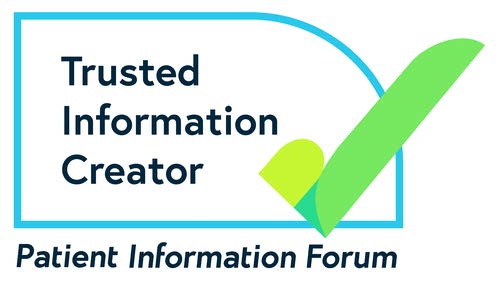An acne patient journey
Acne is a skin condition in which a person’s hair follicles become plugged with oil and dead skin cells, causing the normal bacteria present on the skin to multiply.
This results in oily skin, blackheads, whiteheads and fluid-filled pustules and cysts. These appear most commonly on the face, neck, chest, back, and shoulders. Acne is very common among teenagers as a result of normal hormone changes but can also occur in adults and, in rare cases, infants.
Mild cases are extremely common and can be helped by washing thoroughly to keep the skin clean (treat the skin on your face with special care and remember to wash the rest of your body thoroughly too; special care should be taken when shaving), keeping an eye on your diet, and using over-the-counter topical treatments (creams, lotions or gels). If these treatments prove ineffective or if you notice anything unusual about your skin rash, then a GP should be consulted. Early treatment reduces the risk of scarring in later life.
Visiting your GP
Your GP will ask you how long the condition has been present, whether there are any trigger factors (such as stress or menstruation), what acne medications you have tried or are currently taking (including the contraceptive pill), whether there is any family history of the condition and how it is affecting you psychologically. The doctor should be able to make a diagnosis simply by looking at the appearance of your skin and can prescribe stronger medications including antibiotics, antibiotic antimicrobial treatments, topical retinoids, and (where the acne becomes inflamed) steroids.
More severe or difficult-to-treat cases may be referred to a dermatologist who can prescribe more specific treatments, including light therapy, laser therapy, dermabrasion, microdermabrasion, comedone extraction, and chemical peels.
Treatment
At present, there is no 'cure' for acne but existing treatments can be very effective – though they may take a few months to have maximum effect. Certain supplements may also help.
In most cases, acne will clear up with age. Spots and scars can have a marked effect on a person's self-esteem and can affect their social lives and relationships. If your spots have impacted on your mental health, it’s important to talk to your doctor, your family, friends or a counsellor. If scarring is particularly strong, procedures such as augmentation therapy (and in very rare cases, surgery) can help.
talkhealth is happy to recommend a number of excellent charities and support groups, including the British Association of Dermatologists, the British Association of Skin Camouflage and Skin Deep Behind the Mask.
You can also talk to other acne sufferers in our talkacne forum and keep track of the latest news and opinions from the acne community in our acne blog.
Sources used in writing this article are available on request.
Last revised: 17 April 2020
Next review: 17 April 2023


